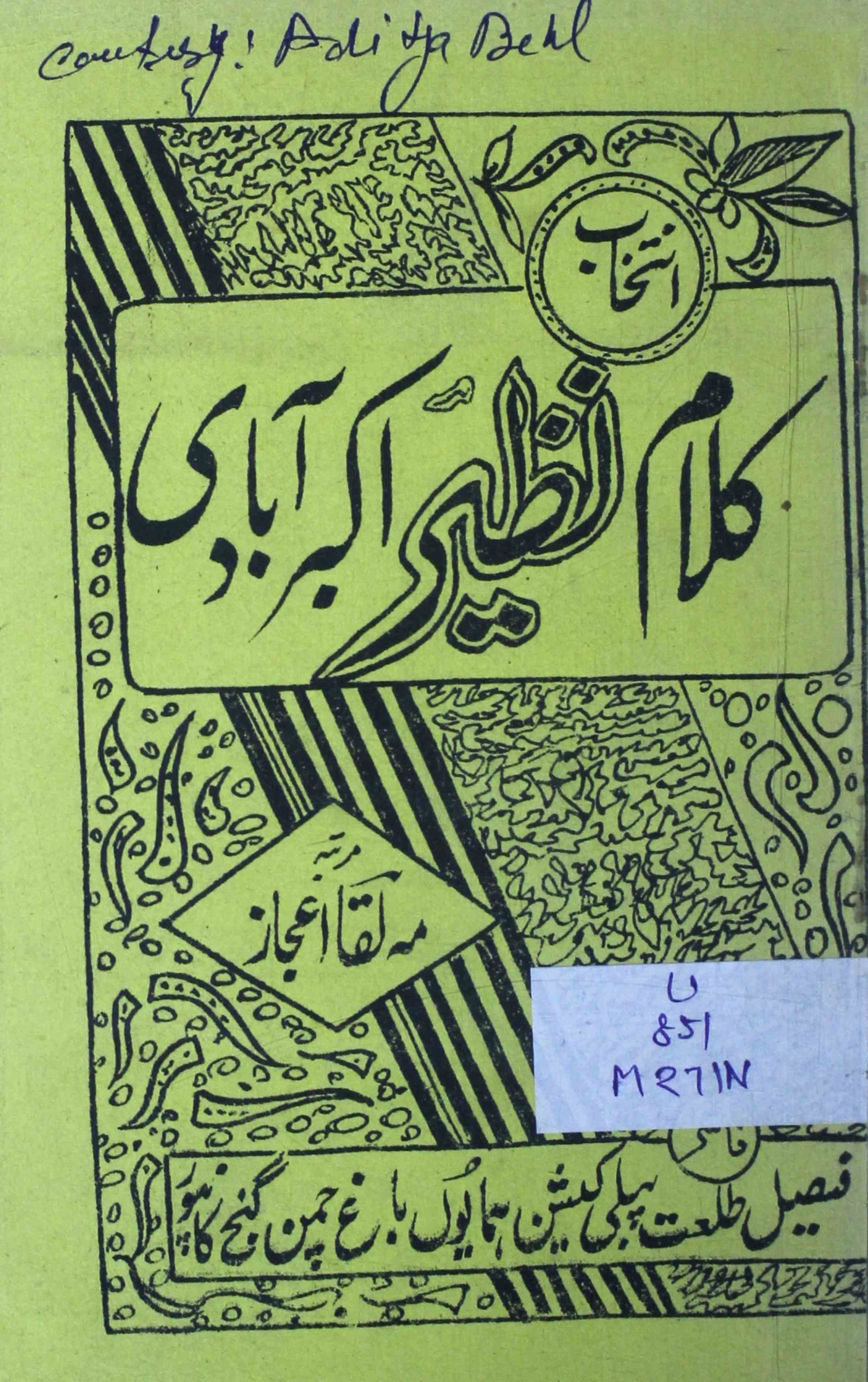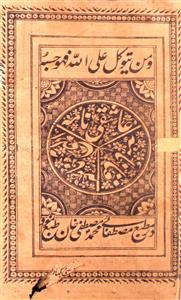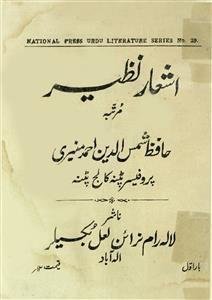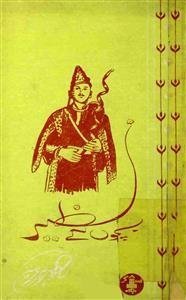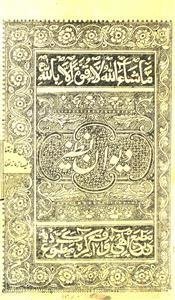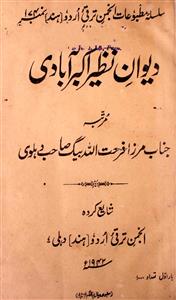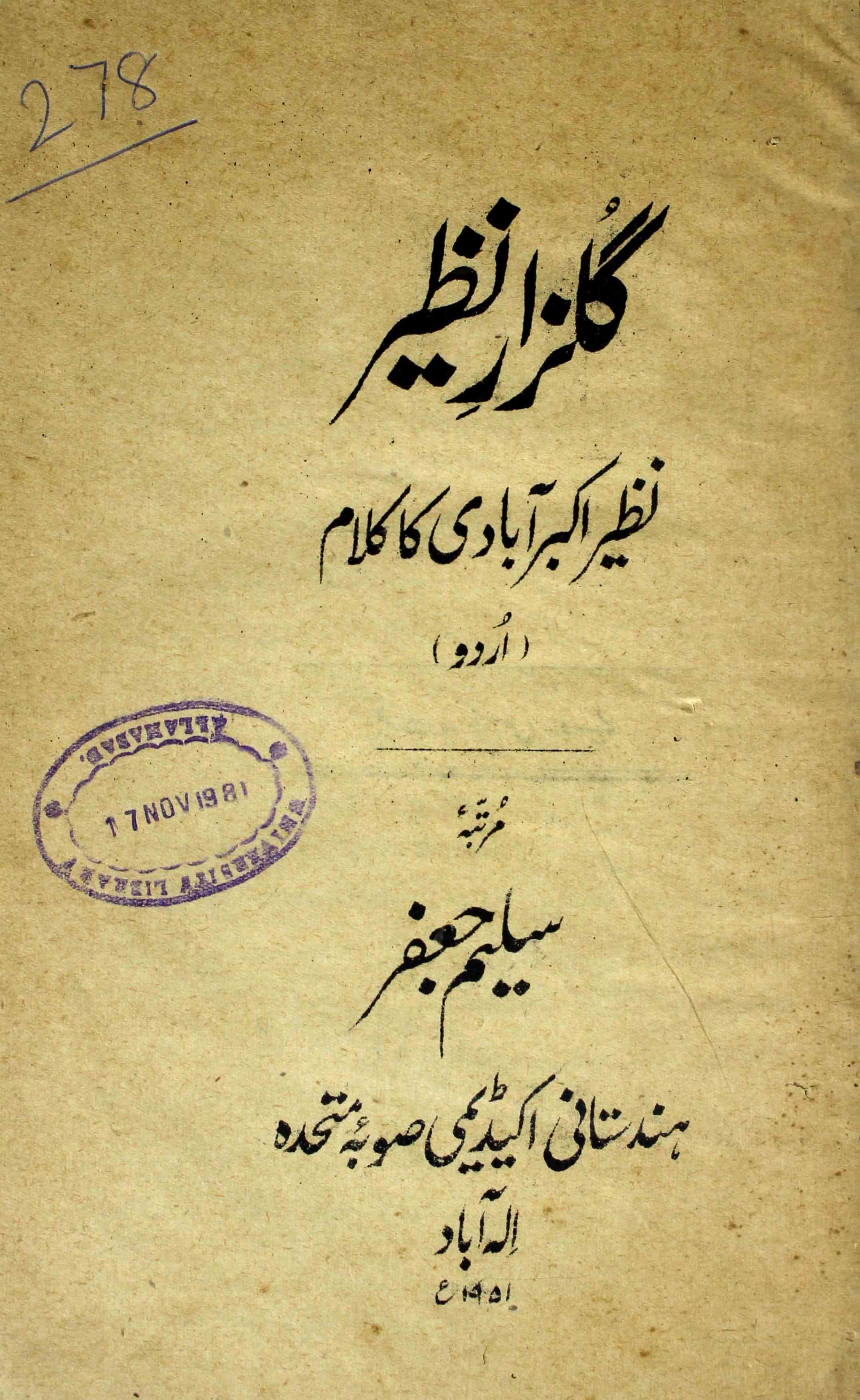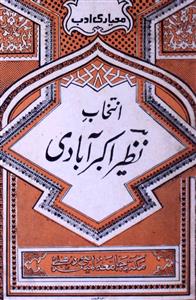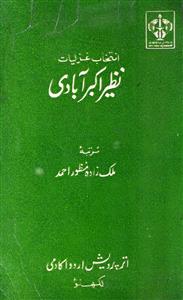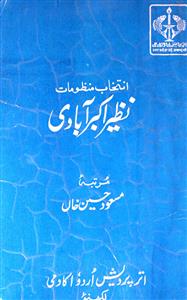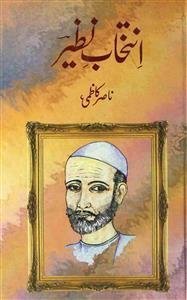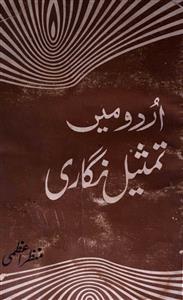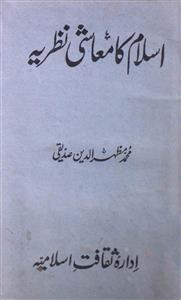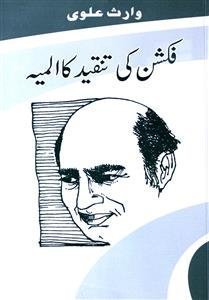 For any query/comment related to this ebook, please contact us at haidar.ali@rekhta.org
For any query/comment related to this ebook, please contact us at haidar.ali@rekhta.org
About The Author
Syed Wali Mohammad, known as Nazeer Akbarabadi, is the only poet of his kind in Urdu for a variety of reasons. He was born in 1735 in Delhi. There was huge celebration at his birth as he was the only male child of his parents born after twelve daughters. He was brought up with great care and his mother took him to Agra when Delhi fell into bad days.
Nazeer received his early education in Agra. He belonged to a prosperous family and led his childhood and early life in comfort. Following the usual practice of the day, he trained himself as a soldier. He was deeply interested in sports also. When it was the time to pick on a profession for earning a livelihood, he chose to be teacher and started teaching children at Mathura. It is said that he was a teacher to six children of Raja Vilas Rao. Later, the raja of Bharatpur and the nawab of Lucknow, Wajid Ali Shah, wanted to enrol him in their courts but Nazeer did not agree to leave his place.
Nazeer was a contemporary of Meer, Sauda, Jurat, Insha, and Mushafi who stood as the vanguards of classical Urdu poetry with ghazal being nourished as the most prestigious form of poetical expression. Nazeer opened up entirely new avenues for Urdu poetry as he chose his material from life brilliantly spread all around. There is hardly any aspect of secular life that did not engage his attention. His wrote poems on all religious festivals, communal events, carnivals, sports, hobbies, and scenes and scenarios of common life which none had done before him. He evolved a diction that too entirely new for the kind of poems he wrote. There is a general misconception that Nazeer wrote only on the folk life and its various manifestations but he also wrote highly sophisticated, persianised, and creatively rich ghazals which find him a place among the elitist poets of Urdu.
 For any query/comment related to this ebook, please contact us at haidar.ali@rekhta.org
For any query/comment related to this ebook, please contact us at haidar.ali@rekhta.org
Write a Review
Jashn-e-Rekhta 10th Edition | 5-6-7 December Get Tickets Here
